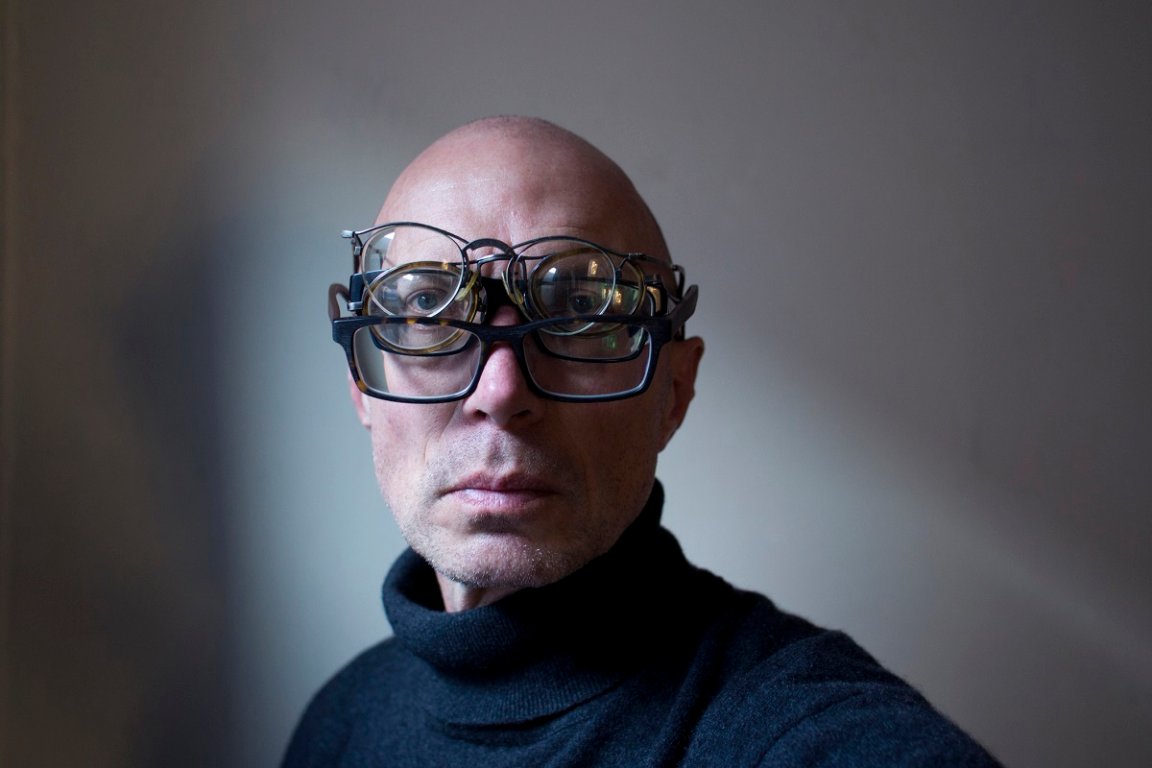
Kids in America
Associate director of Stanford’s Institute for Human-Centered Artificial Intelligence Robert Reich threw absolute daggers this week when, while speaking to Esquire about the newness of the AI industry and how that impacts its relationship to ethics, he likened those in the burgeoning field to actual children.
“AI researchers are more like late-stage teenagers,” Reich told Esquire, comparing those in the still-very-much-developing field of AI to those in more established, similarly ethics-concerned biomedical tech. “They’re newly aware of their power in the world, but their frontal cortex is massively underdeveloped.”
“Their [sense of] social responsibility,” he added, “as a consequence is not so great.”
Gotta say: damn. If the industry AI bros are indeed acting like kids, Reich may have just cemented himself as the adult in the room.
Teenage Invincibility
Honestly, when you think about it, it’s a pretty solid analogy.
For one thing, teens are often risk-happy thrill-seekers, and folks who work in AI — particularly the younger crowd — are constantly talking about how the unregulated technology that they’re building might annihilate humanity. But as their risk aversion generally seems to hover right around zero, they keep building the technology regardless.
There’s also the fact that, as Esquire discussed in the article at hand, a lot of tech bros very much want to live forever, and many of them want to do so with the help of AI. And anyone who has either been a teenager or knows a teenager knows, teens generally think of themselves as invincible.
It’s also common for young people to find themselves questioning the more existential questions of life, perhaps losing and finding religion or lack thereof along the way, and some can argue that the quest to build AI is a quest to do the same. After all, the folks in Silicon Valley are quite literally attempting to design a separate — and possibly even superior — being in our own image. Whether the goal is to build a version of a god in a machine or become a god to a machine will depend on the individual, but we’re certain that both outlooks are present in the fast-moving, competitive field.
Of course, the field is young, and Silicon Valley has long taken a similarly teen-like “move fast and break things” approach to all sorts of tech.
But as it should probably go without saying: the folks helming the AI race aren’t actually teenagers, and for the most part, their frontal cortexes are developed. Conscious choices are being made, and they’re being made by adults — how those choices work out for the rest of us, however, remains to be seen.
More on AI: IBM Replacing 7,800 Human Jobs with AI, Including Human Resources